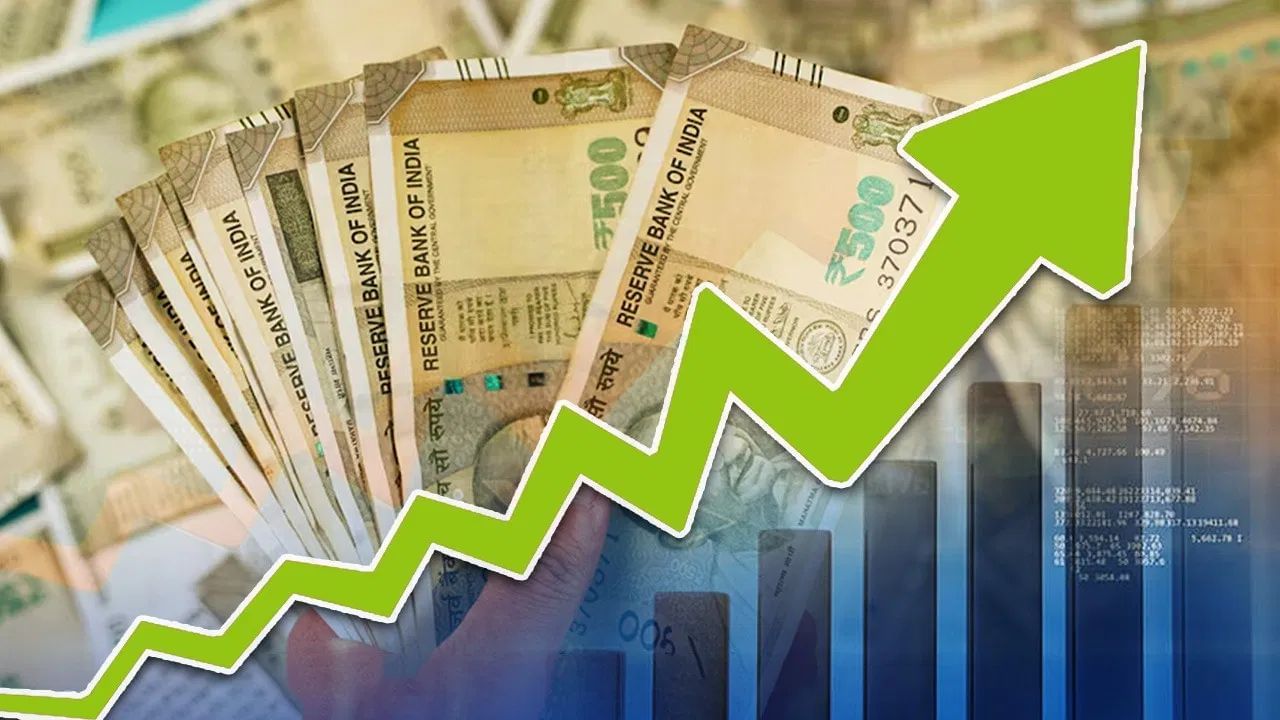economy
The country’s economy has got a boost thanks to GST 2.0 and the festive season. Deloitte India said on Thursday that India’s economy may grow at a pace of 6.7% to 6.9% in the current financial year (2025-26). The company says that this growth will be possible due to increase in demand and improvement in government policies. India’s GDP grew by 7.8% in the first quarter of the financial year (April-June 2025).
According to Deloitte’s India Economic Outlook report, the average growth for the entire year is expected to be 6.8%, which is 0.3% more than their previous forecast. According to the report, this figure shows that India’s economy is not only strong but is also emerging faster than other countries.
Economy will grow faster due to domestic demand
Deloitte says that similar growth pace may remain in the coming year also, although there may be fluctuations due to uncertainties related to global trade and investment. This estimate is in line with the forecast of the Reserve Bank of India (RBI), which has projected a growth of 6.8% for FY26. The company believes that domestic demand, easy monetary policies and structural reforms like GST 2.0 will support this growth. Due to low inflation, people’s purchasing power will increase, which will also increase expenditure. Deloitte India economist Rumki Majumdar said that due to increase in consumption during the festival season, there will be a good increase in demand. After this, private investment will also increase, because companies will prepare to meet the increasing demand.
He said, “It is expected that India will sign trade agreements with the US and the European Union (EU) by the end of this year, which will further increase investor confidence. Strong growth in the first and third quarters will pull the average for the whole year higher.” However, he also warned that increasing uncertainties at the global level could impact India’s growth. Factors like lack of trade agreement with America and obstruction in the supply of essential minerals can become a threat to India’s economy.
MSME will have to be strengthened
The report said that, however, inflation has reduced somewhat due to government policies. Especially due to the fall in food and fuel prices, but “core inflation” (ie inflation other than essential items) still remains above 4%. This may make it difficult for RBI to cut interest rates. Majumdar further said, “If the US Federal Reserve maintains high interest rates for a long time, there may be a shortage of liquidity in the global market, which will increase the risk of capital outflow from emerging markets like India, which is also visible in recent months.” Deloitte said that till now the policies have been focused on increasing domestic consumption, but now the focus should be on strengthening the MSME sector, which is the most important center of employment, income, exports and investment.
